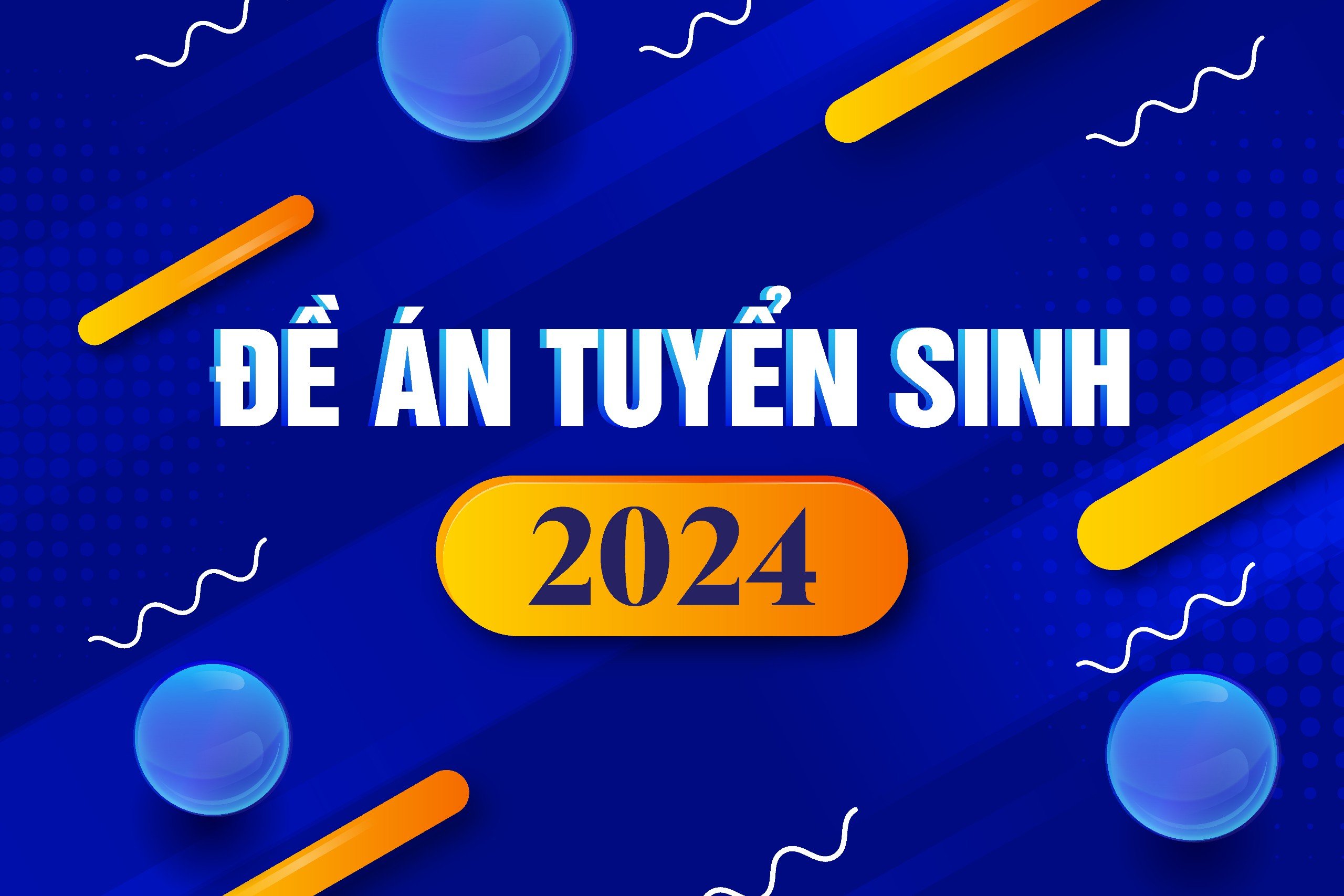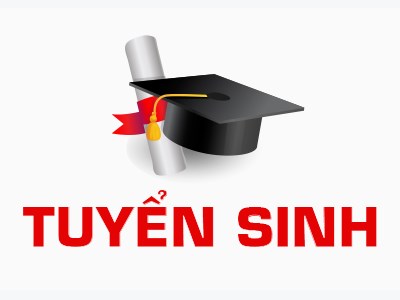Exploring self-assessment and learning parterns in university students through the lens of rubricevaluations: A case study on first-time rubric usage for report assignments
This paper investigates the role of rubric evaluations in self-assessment tasks among 24 third-year university students who were previously unfamiliar with rubric assessments. The study indicates that students initially exposed to rubric evaluations often overestimate their performance on report tasks relative to faculty evaluations, a trend observed in 69% of our participants, predominantly from groups that significantly or slightly overestimated their performance. Moreover, the group that slightly overestimated their performance submitted the fewest assignments and missed an average of one lecture out of 15. When considering final scores and class ranks, the study found that students who underestimated their performance had the highest results, followed by accurate evaluators, slight overestimators, and significant overestimators. Furthermore, the analysis of rubric items at University A revealed a significant relationship between Credibility and high performance in several areas. However, causal relationships showed that high performance in Expression & Storytelling and Understanding, Assertion & Analysis of The Task positively influenced Logical Thinking, leading to improved performance in Credibility. The study, recognizing the limitations of its context-specific nature, underscores the potential of rubrics for identifying key areas to improve report quality and encourage continuous learning enhancement among students.
Naoki Matsuyama*
* Department of Childhood Studies, Faculty of Modern Life Sciences, Tokyo Kasei Gakuin University.









